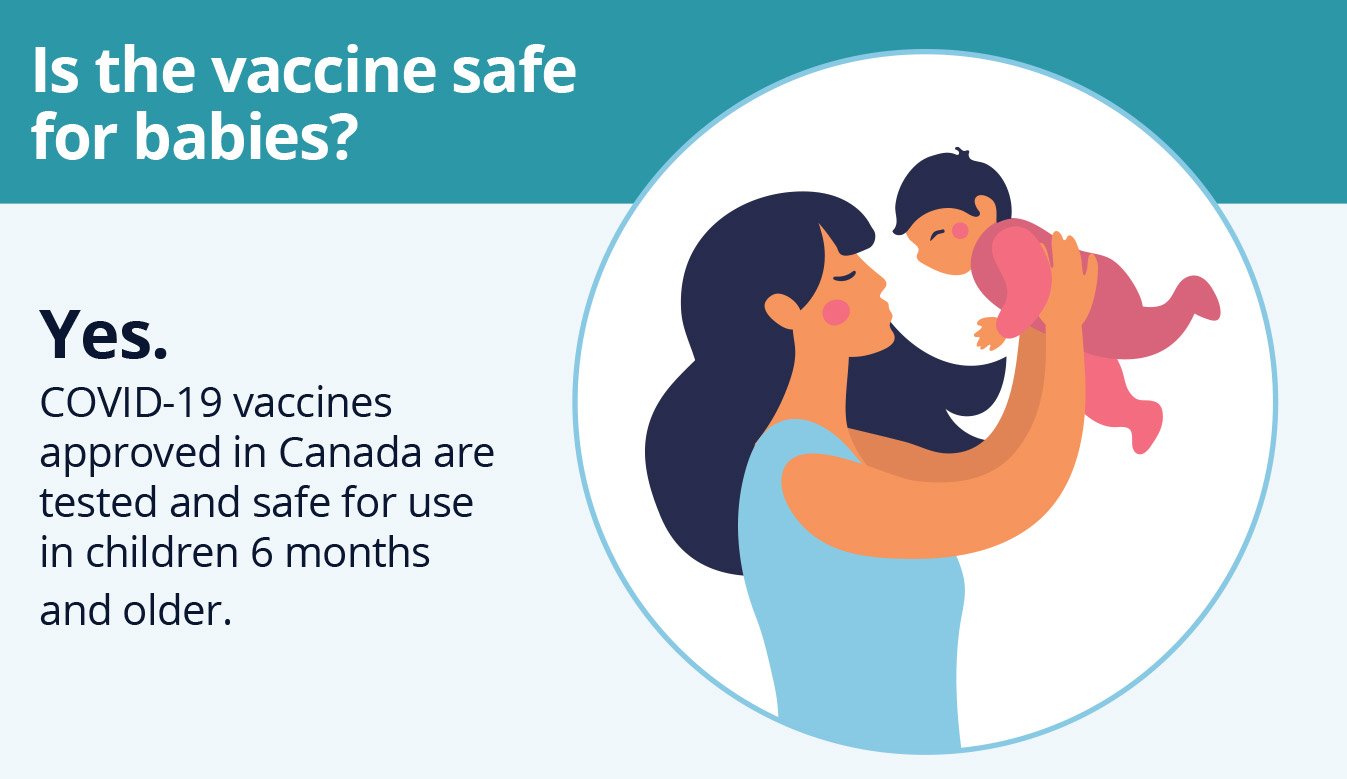Visit the BC's provincial COVID-19 vaccination website to register for a vaccination and get up-to-date information and help.
Why Should I Get the COVID-19 Vaccines?
Getting vaccinated is the best protection against COVID-19.
In clinical trials and in the administration of billions of vaccines throughout the world, evidence overwhelmingly shows that those who received COVID-19 vaccines are less likely to become seriously ill and hospitalized from the infection.
When you get vaccinated, you are protecting yourself, your loved ones and your community. You are also protecting those who are unable to get the vaccine. The more people in a community who are vaccinated, the harder it is for the virus to spread and mutate.
Reduced access to stable housing, income, clean water and health and social services place some First Nations peoples at higher risk of developing severe illness and becoming hospitalized due to COVID-19. The vaccine is one way that Indigenous and other people can protect themselves from this virus.
All people in BC age six months and older are eligible to receive a vaccine. The FNHA's Medical Officers strongly recommend that you choose to get the vaccine for yourself and your children.
What Is a Vaccine?
A vaccine is a product that produces immunity to a specific disease, such as COVID-19. When you have immunity to COVID-19, which is a serious and sometimes fatal disease, it means you may be exposed to it without developing severe illness.
To learn more about COVID-19 vaccines, please visit the
BC Centre for Disease Control COVID-19 webpage where you can learn more about the types of vaccines available in BC, vaccine safety, vaccine effectiveness, and common side effects.
Vaccine Safety
COVID-19 vaccines are safe and highly effective. We know this from experience, following the administration of millions of doses of COVID-19 vaccine in Canada alone, including across all population age ranges and groups.
Every possible vaccine reaction identified by primary care providers is carefully reviewed by experts, long after approval of the vaccine. Public Health officials assess the risks and benefits of a particular vaccine for the population they serve and decide whether to recommend its use.
How to Get Vaccinated
There are two ways to get vaccinated:
- In community. Your local health centre or nurse practitioner may be able to provide vaccination on reserve.
- Provincial booking. The province offers vaccination by way of pharmacies, and this is usually the best option for people who live away from home (off-reserve).
Register for a Provincial Clinic
To get vaccinated through a provincial clinic, register online through the provincial vaccine registration webpage.
In order to register online, you must provide your first and last name, date of birth, postal code, your Personal Health Number (PHN isn't mandatory if you don't have one) and an email address or a phone number that can receive text messages.
After registering, confirmation via email or text should come within 15 to 30 minutes, but could take up to 24 hours.
You can also register by phone at 1-833-838-2323 from 7 a.m. to 7 p.m., every day, with reduced hours on statutory holidays. Dial 711 if you are hearing-impaired.
Register for a vaccine in community
Talk to your local nursing station or health centre.
Vaccines and Maternal Health

If you are pregnant or breastfeeding you should still get vaccine. Experts strongly agree that pregnant and breastfeeding individuals would benefit from receiving the vaccine.
The risk of getting sick with COVID-19 during pregnancy can be greater than the potential side effects of getting the vaccine during pregnancy or while breastfeeding.
If you are pregnant or breastfeeding and have questions about the vaccine, please contact your health care provider, or call HealthLinkBC at 811 or the First Nations Virtual Doctor of the Day at 1-855-344-3800.
For more information about COVID-19 and maternal health, including planning for your vaccine if pregnant, breastfeeding or thinking about getting pregnant, please visit the BC Centre for Disease Control website.
The Importance of Vaccines for Children and YouthAlthough children are less likely to get severe COVID-19 infections, they can still get sick from the virus and have long-term consequences. They may also spread the infection to others.
Regardless of your child's age, it is important to keep their routine immunizations other vaccine-preventable diseases up-to-date. A strong immune system can reduce the impact of COVID-19, and prevent illness from other communicable diseases. For more information, visit the BC Centre for Disease Control.

